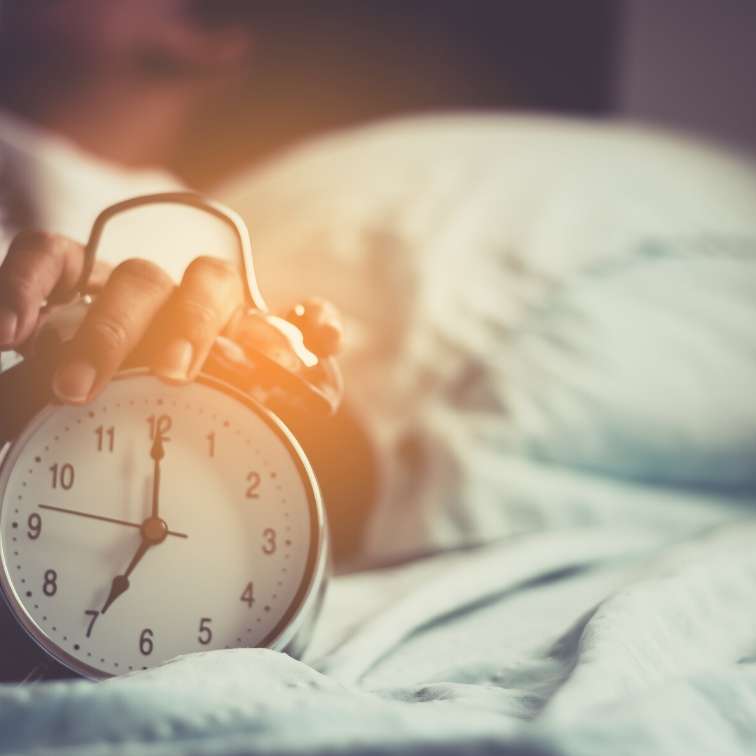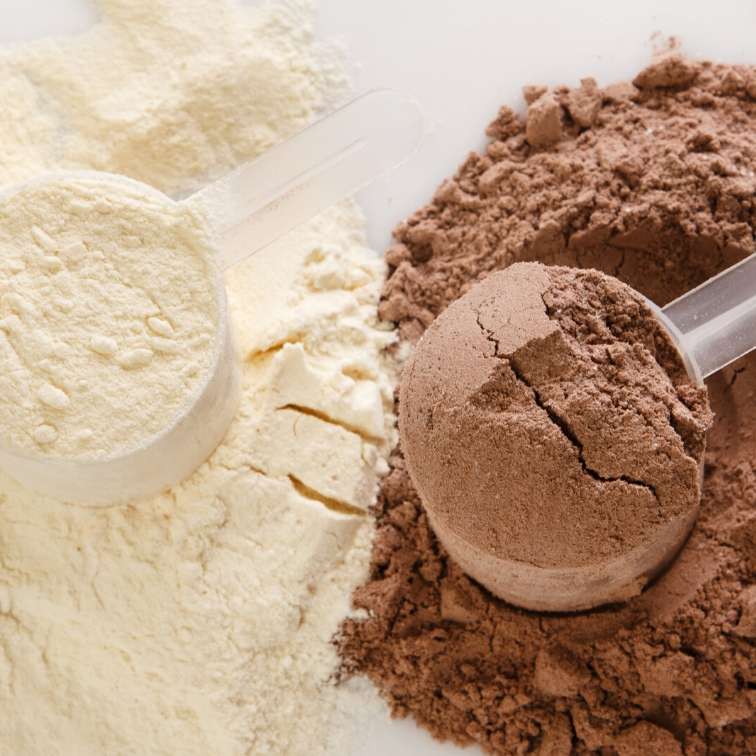We’ve talked about how important
sleep is for swimmers and how it can impact your overall health and athletic training program. And those days leading up to an important meet are no different! Since a well-rested body will help you perform your best on race day, follow these pre-race tips to avoid sleep deprivation and be well-rested.
1. Relax your body
It’s normal to have pre-race jitters, so take the time to do some relaxing before bed. Try very light stretching before bed, this will not only help you recover from the day’s exercise but also help you relax. Or try listening to a calming playlist or podcast to soothe your mind and get into “sleep mode”. If you’re feeling extra
stressed, you may want to write out what’s worrying you and get it out on paper before turning out the lights.
2. Avoid caffeine
Stay away from caffeinated beverages, especially late in the day. Sports drinks and
energy drinks are full of caffeine, so be sure to read labels before guzzling down a drink after the gym. Drinking fewer liquids will also prevent you from waking up in the middle of the night to go to the bathroom. So skip the after-dinner cappuccino and ensure a full night’s sleep.
3. Don’t nap late
Athletes may need extra sleep, either added at bedtime or a nap during the day. But try to avoid taking a nap too late in the day which may interfere with your regular sleep schedule.
4. Eat a small snack
Don’t have a heavy meal full of carbs and spicy ingredients that might give you indigestion and keep you up past your bedtime. Instead, eat a light
nutritious snack that will replenish and satiate you, while helping you sleep.

5. Keep electronics out of bed
Most of us are guilty of scrolling through social media feeds right before nodding off, but it’s best to keep electronic devices away from the bed. It’s recommended to disconnect from technology at least an hour before bedtime, since electronic screens have been shown to delay natural sleep cycles. The artificial light from the screen is suppressing melatonin production, which tricks our body’s natural sleep clock and keeps us tossing and turning in bed.
6. Stick to a regular schedule
Having the same bedtime every night will program your body and it will know when to expect sleep. Part of creating a bedtime routine includes reading for a few minutes, setting an alarm, brushing your teeth, etc. Keeping the same routine can help even if you’re in an unfamiliar setting and traveling for race day. Bring an eye mask and earplugs if you feel you need a little help while traveling.














Leave a comment
This site is protected by hCaptcha and the hCaptcha Privacy Policy and Terms of Service apply.